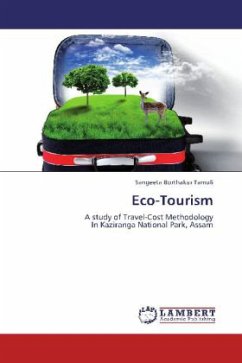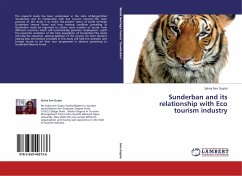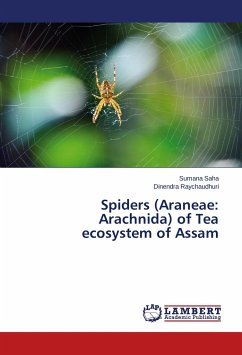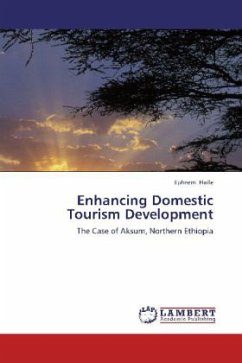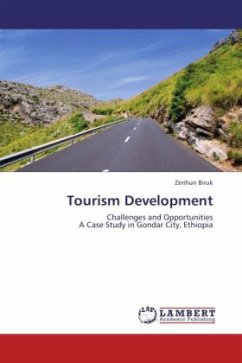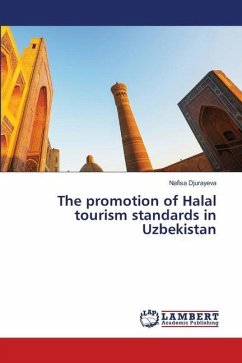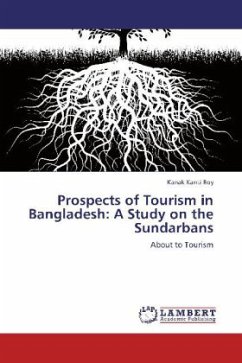Tourism has become a major economic activity within developing countries in terms of contribution towards foreign exchange earnings, generation of national income and creation of gainful employment opportunities. India is recognized as one of the twelve biodiversity centers in the world. The rich and diverse flora and fauna of India is a reflection of the country s wide range of environmental regimes. Assam, a small state of India, is rich in forest resources and biodiversity. As per the data based on satellite imagery, around 30.20% of land is covered under forests. The state has enormous potentiality with naturally gifted wildlife sanctuaries and important religious and historical sites of interests but it is yet to develop its tourism-based resources to make it a sustainable source of revenue earning.In the present study, an attempt has been made to estimate the economic value of eco-tourism benefits of Kaziranga National Park (KNP) in Assam.
Bitte wählen Sie Ihr Anliegen aus.
Rechnungen
Retourenschein anfordern
Bestellstatus
Storno

